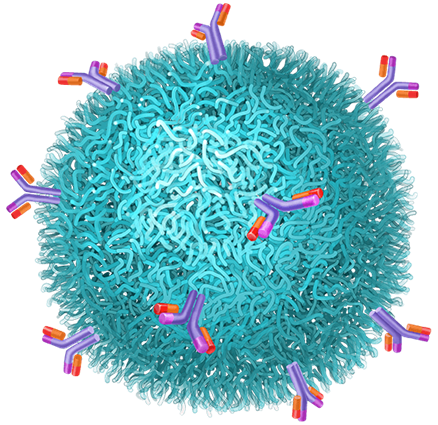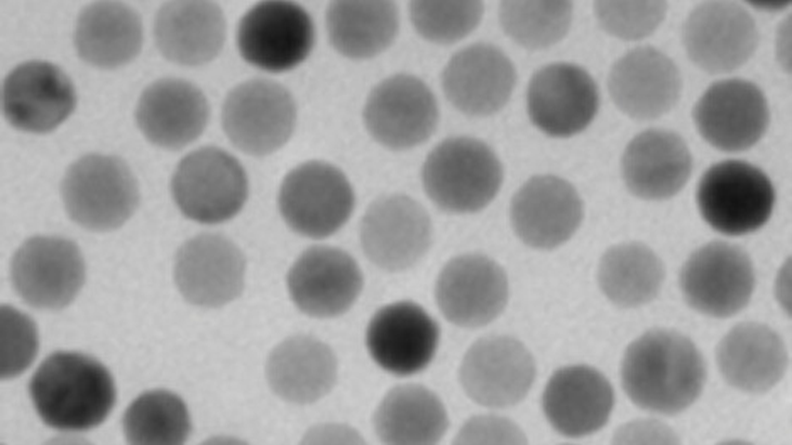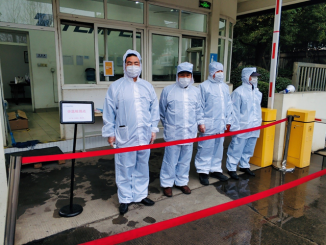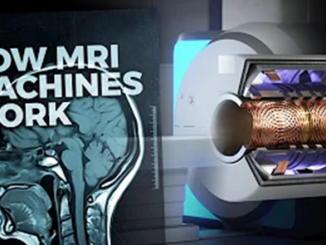
Imagion Biosystems is progressing to clinical studies of the efficacy of its MagSense magnetic particles for early detection of cancer, marking an important advancement for the Melbourne biotech firm that is pioneering the application of magnetic particles beyond laboratory studies to use in human patients. Breast cancer is the target of the new clinical study but Imagion is also working on the potential application of MagSense to brain cancer.
In May, it enrolled the first patient in its HER2 breast cancer Phase I first-in-human study. Expected to enroll approximately 15 patients, it is the first clinical investigation of the company’s nanoparticle technology. The study investigates the use of a MagSense imaging agent as a means of aiding in the staging of HER2 positive breast cancer by detecting if the patient’s tumor has spread to the lymph nodes.
Current standard of care requires biopsy or surgical removal of lymph nodes to confirm metastases. With approximately half of HER2 breast cancer patients having no nodal disease, the MagSense HER2 test achieved Breakthrough Device designation from the U.S. Food & Drug Administration based on its potential to provide a non-invasive way to eliminate unnecessary surgical biopsy procedures and their resultant morbidities.

“We are very pleased to report our first patient has been enrolled in this ground-breaking study,” said Bob Proulx, executive chairman of Imagion. “Though recruiting newly diagnosed cancer patients into a research study can be challenging, we and our investigators remain confident we will reach our recruitment target. We are committed to explore all avenues to achieve our goal of completing this important study.”
Each patient in the study receives an injection of the MagSense nanoparticle imaging agent and undergoes imaging by MRI. Additionally, a sample of the lymph node is also assessed using Imagion’s proprietary MagSense magnetic relaxometry technology. The primary endpoint of the study is to determine the safety and tolerability of the MagSense imaging agent, but the study will also explore the effectiveness of the nanoparticles for in vivo detection which will inform further development and commercial considerations.

Combining biotechnology and nanotechnology, Imagion aims to detect cancer and other diseases
earlier and with higher specificity than is currently possible. Composed of superparamagnetic iron oxide magnetite (Fe3O4) with tight control of size, shape, and dispersity, its particles are ideal for a wide variety of biomedical applications, says the company. The finished particles, depicted at top, have a protective polymer coating around the nanoparticle core to provide stability in aqueous suspensions, then a polyethylene glycol stealth coating for biological applications, and then antibody conjugates to provide molecular specificity for targeting cells.
Based on the principles of superparamagnetic relaxometry, the tiny magnetic nanoparticles produce a detectable magnetic signature if attached to the targeted diseased tissue because they “relax” slowly from a brief weak magnetic field. If there is no tumor present, the bio-safe nanoparticles relax too quickly to be detectable and harmlessly circulate, eventually being broken down by the liver through normal metabolic processes.
Targeting brain cancer, Imagion recently began a collaborative research program with another Australian biotech firm aimed at exploring whether their combined technologies can improve imaging and diagnosis of brain tumors. The partner is Patrys Ltd, a therapeutic antibody development company whose novel deoxymabs are attracted to the DNA fragments released from dying tumor cells and are able to penetrate and kill tumor cells. The collaboration aims to pair the targeting specificity of the deoxymabs with the imaging capabilities of the MagSense technology to provide a highly effective imaging agent with high specificity for hard-to-diagnose cancers such as brain cancer.
“Initially, we are very keen to investigate the potential for brain tumor imaging since there is such a high unmet need for differentiating cancerous tumors in the brain, like glioblastoma, as well as metastatic disease that has spread to the brain from other primary tumors,” said Proulx. Preliminary research by Imagion has demonstrated that the Patrys PAT-DX1 molecule can be conjugated to the MagSense nanoparticles and provide bio-functionality for targeting certain cancer cell lines. Should this further collaborative work provide positive results, Imagion will have an exclusive option to a future license agreement, should it elect to commercialize the imaging agent.
For more info, see www.imagionbiosystems.com.



